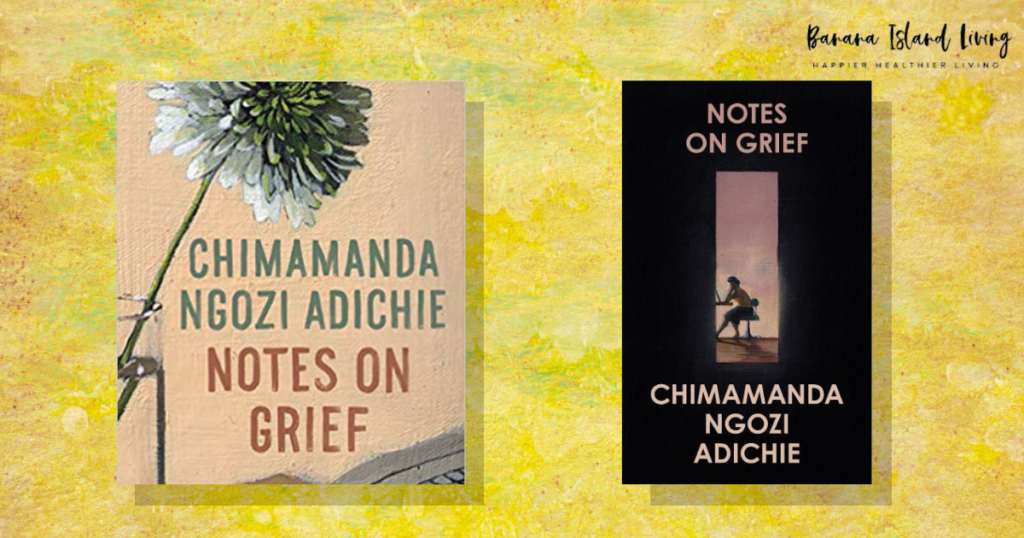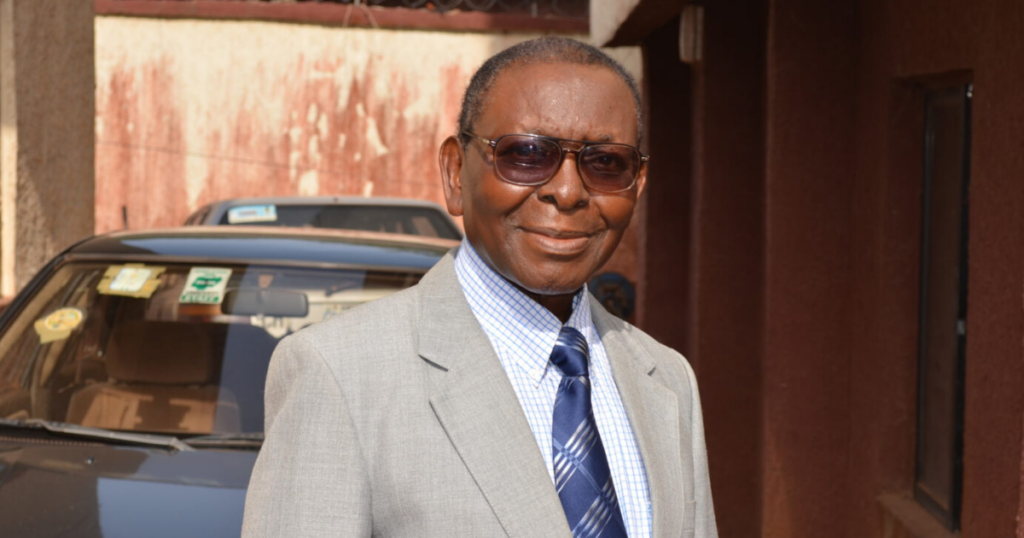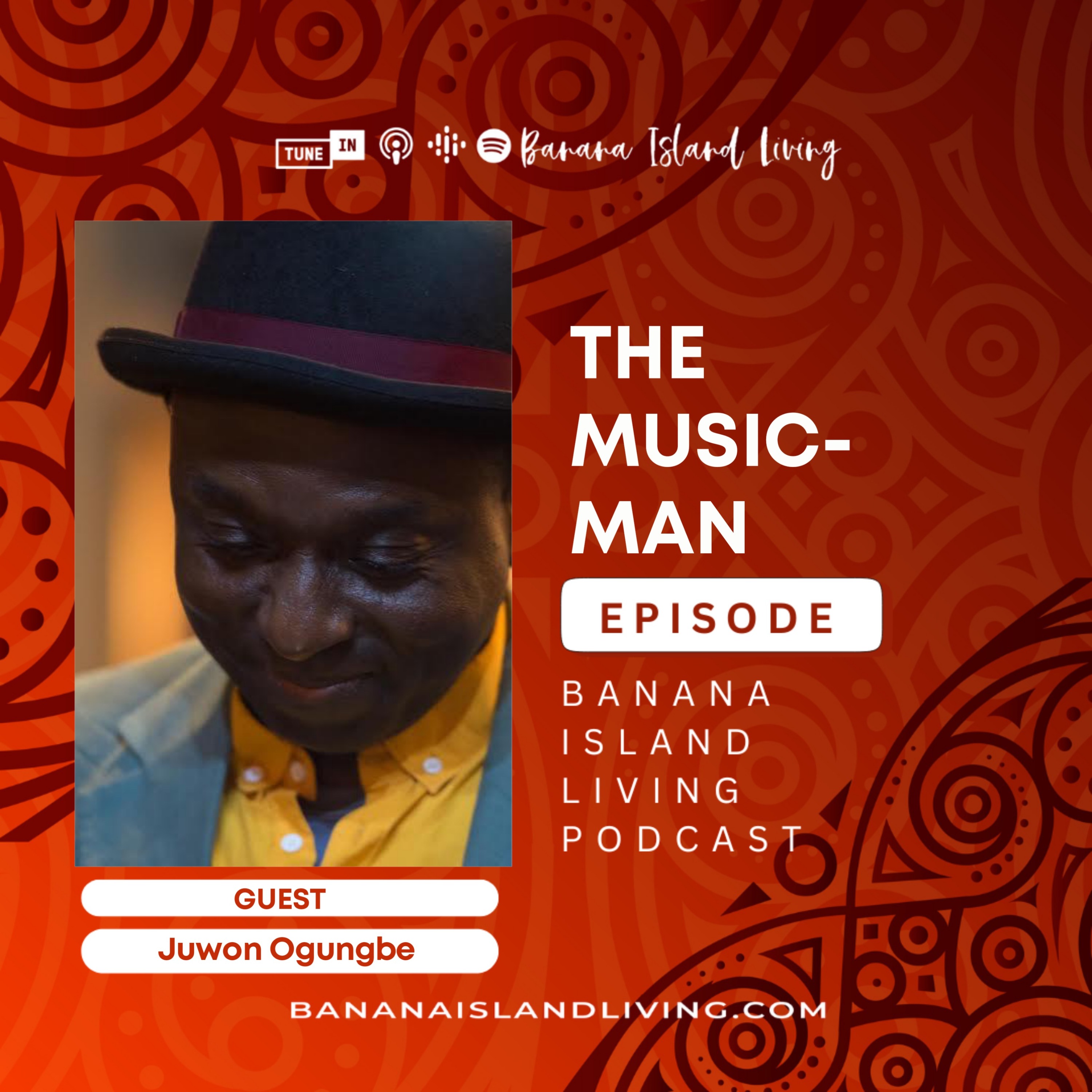‘ “Ka chi fo,” he said. (“Good night.”) His last words to me. On June 10th, he was gone. My brother Chuks called to tell me, and I came undone.’
Chimamanda Ngozi Adichie, Notes on Grief | New Yorker

On Tuesday, 11 May 2021, Chimamanda Ngozi Adichie’s new book, Notes on Grief is expected in bookstores. It is a ritual to be super excited every time Adichie releases a new book, but this time, excitement seems somewhat sacrilegious, in bad taste. And yet…
Notes on Grief grew from an essay which appeared in The New Yorker last year; that pandemic ridden, soul stripping year. Chimamanda strips her soul for us and, like ghouls, we revel in it. She writes of the aftermath of her father’s death, the painful struggle to embrace the permanence of this kind of departure, and, without her usual somewhat detached, slightly cynical style, she spills her despair and yes, anger. Perhaps this is what she wanted to see when she reviewed Obama’s ‘A Promised Land’. That freedom to let it all out, not hold back.

At 88, Prof. James Adichie’s passing could (should?) have been ‘celebrated’ and the usual platitudes of ‘he’s in a better place’ might have tempted many a condoler. In her book, Chimamanda disagrees, vehemently. Memories do not comfort; they are painful reminders of what was and what can no longer be.

‘ “He was eighty-eight” so deeply riles because age is irrelevant in grief; [the] issue is not how old he was but how loved.’
‘Enemies beware: the worst has happened; my father is gone; my madness will now bare itself.’ A (shameful?) part of us looks forward to the literary output. After all, everything, as they say, is copy.
It is almost a year since her father died, and one could only have hoped for her that time would have tempered the pain. But in March of 2021, the unfathomable and worst possible happened.
‘How does a heart break twice?’
On what would have been her father’s birthday, Adichie lost her mother – a possibility she had feared and penned in her notes when her father died.
‘One morning, Okey calls me a little earlier than usual, and I think, Just tell me, tell me immediately, who has died now. Is it Mummy?’
In her new book, carrying no semblance to her previous books in language, style or closure (even Half of a Yellow Sun had some closure), Chimamanda is neither optimistic nor seeking for any type of closure. She refuses to accept the status accorded the new life of the bereaved. Whilst we remember her father as we had come to know him, through her many references to him and images of her truly close family, and acknowledge his sad demise, Chimamanda affords herself no such luxury.
‘I am writing about my father in the past tense, and I cannot believe I am writing about my father in the past tense.’
Notes on Grief is rated 4.1(/5) on Goodreads and is published by the 4th Estate Books and Knopf(US).


